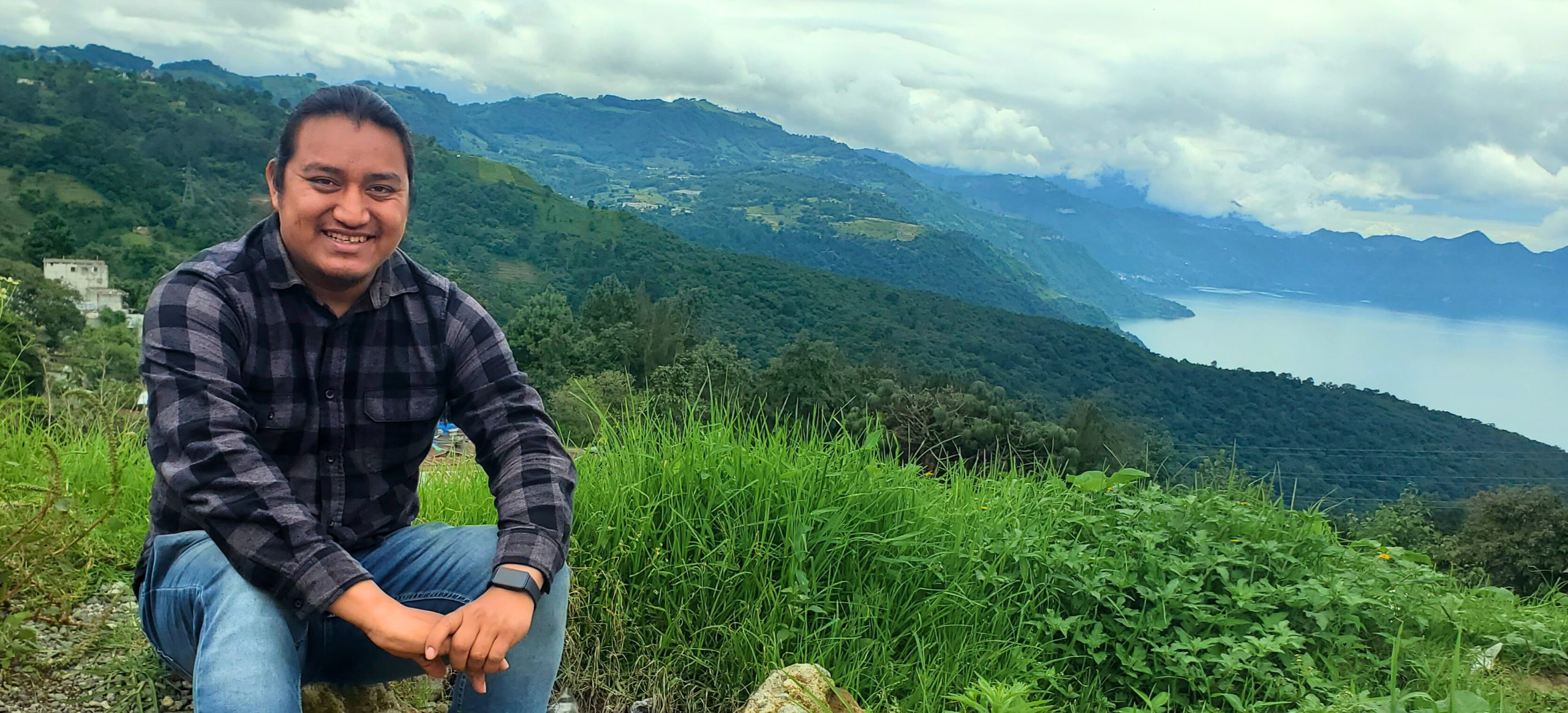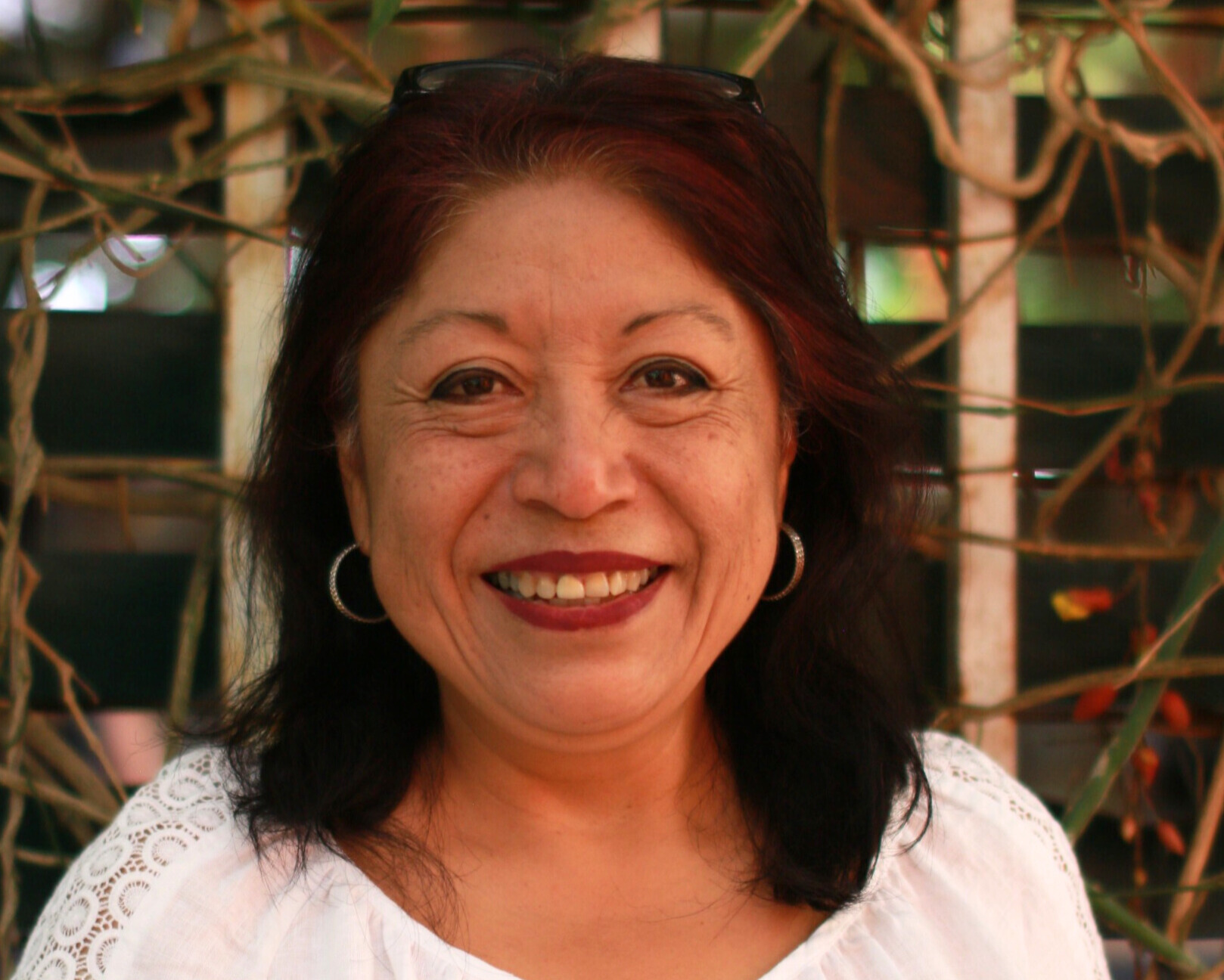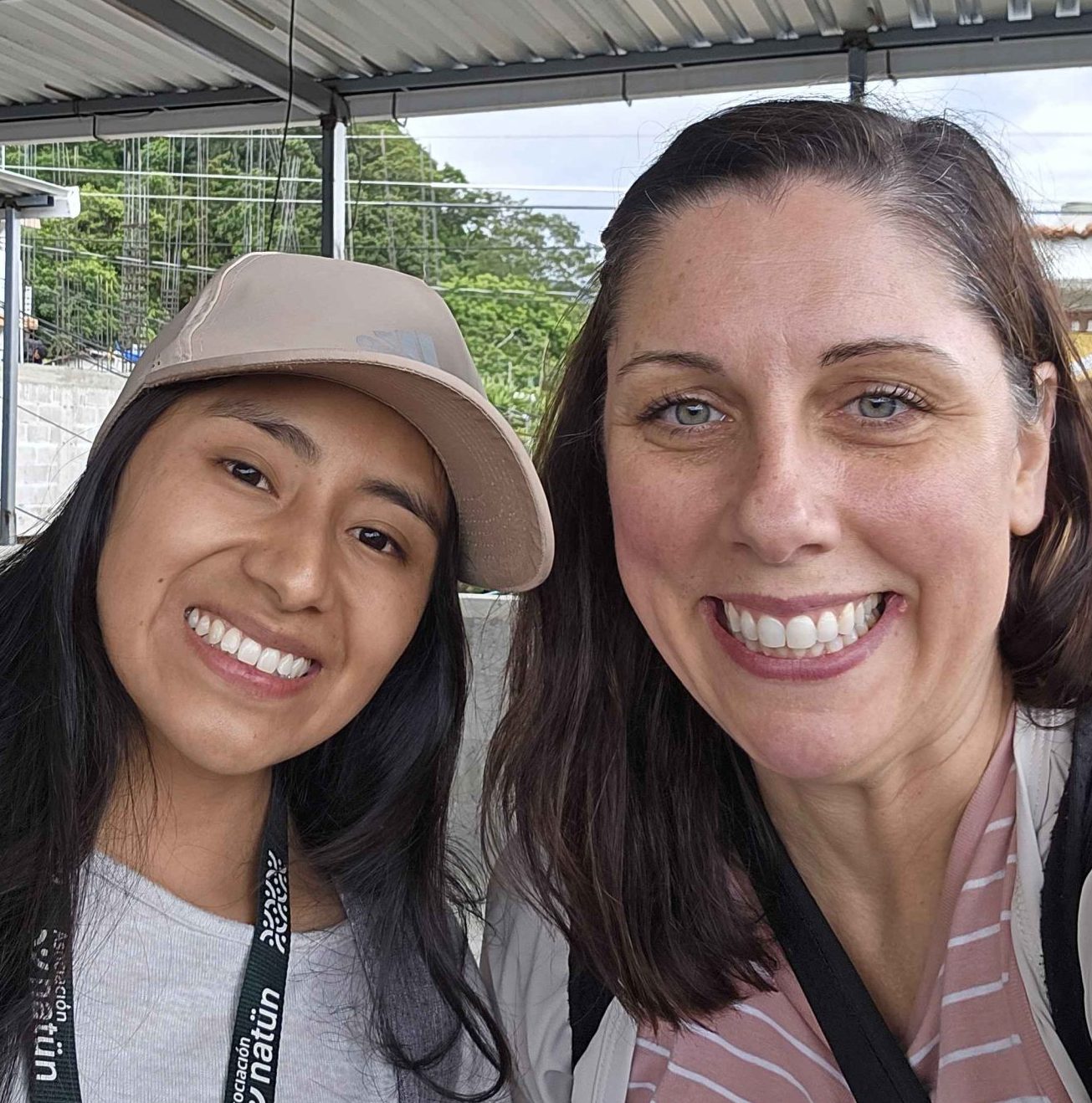Families worldwide face growing challenges to put food on the table—rising prices, climate change, and loss of traditional knowledge make farming harder. In Guatemala’s highlands, Indigenous communities around Lake Atitlán are especially affected by water scarcity and unpredictable weather. A significant 83.3% of Guatemala’s GDP is concentrated in areas highly exposed to climate hazards like floods, droughts, hurricanes, and landslides (World Bank, 2023).
But through Natün’s community-driven programs, families are reclaiming ancestral farming wisdom to build resilient, sustainable food systems that nourish both people and culture.
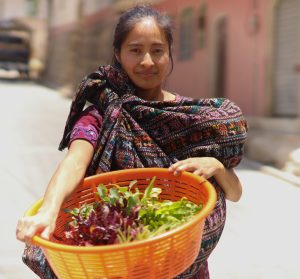
Meet Elena Elizabeth — Roots of Resilience
In Peña Blanca, Sololá, 29-year-old Maya woman Elena Elizabeth is leading this vital shift. What began as a personal mission to nourish her son has grown into a commitment to protect her family, community, and cultural heritage.
A few years ago, Elena connected with Natün when her young son was diagnosed with malnutrition. Through nutrition workshops and access to vitamins, she learned how to support his growth. Today, her son is healthy and thriving—and Elena is now focused on long-term food security through Natün’s Family Agriculture Program.
“This is such a big help,” Elena shares. “We don’t have to spend as much money anymore.”
Elena, her husband, and their two children—ages 7 and 2—care for a flourishing family garden that blends Maya-Kaqchikel agricultural wisdom with climate-smart techniques. Her son even helps prepare the soil, learning the traditional skills that connect Maya children to their land across generations.
Climate Challenges, Cultural Answers
Water scarcity and shifting weather have made farming harder each season. Families walk to the river twice a week just to collect water for drinking, cooking, and irrigation.
Elena meets these challenges by blending ancestral knowledge with practical adaptations: rationing water carefully, choosing resilient crops, and protecting the soil to ensure it thrives for years to come. Her garden helps stretch her family’s food supply, especially as prices for staples like cooking oil and pasta rise.
Her success extends beyond her household. Neighbors admire her garden and often ask to buy vegetables, giving Elena a small income. She’s even teaching her sister-in-law these techniques, creating a network of knowledge-sharing that strengthens the whole community’s food security.
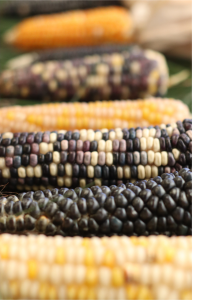
Building on Tradition with Practical Support
Natün’s Family Agriculture Program supports families like Elena’s with:
- Workshops on sustainable, climate-resilient farming: In 2024, 255 families established gardens combining ancestral Maya and climate-adaptive techniques.
- Seeds and starter tools for home gardens
- Ongoing mentorship and peer support
- Nutritional education for healthier families
This integrated approach helps families not only grow food but also preserve cultural knowledge, improve health, and build economic opportunities.
Ancestral Knowledge and Lasting Food Security
Elena’s story shows how ancestral wisdom can meet today’s global challenges with resilience and hope. Her garden is a place where climate-smart farming, cultural preservation, and economic relief take root—tended by a mother determined to build a better future for her children.

